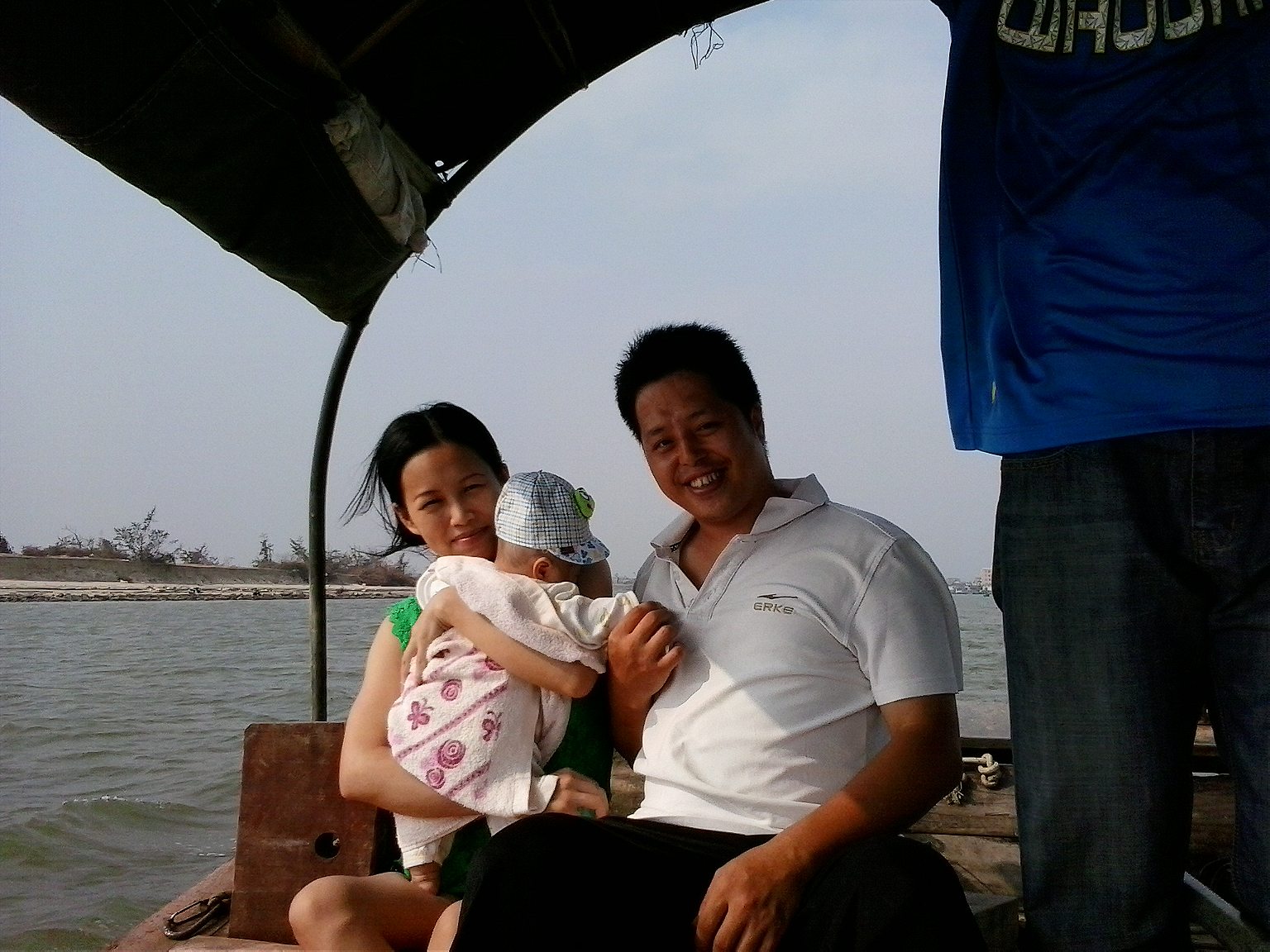R&K’s Nathan Thornburgh speaks to Lauren Hilgers about her new book “Patriot Number One: American Dreams in Chinatown,” and the events that led to a Chinese activist’s escape from a tiny seaside fishing village to New York.
Not so long ago, Wukan was a sleepy little outpost on the coast of Southern China, nearly indistinguishable from hundreds of fishing villages that ran the length of the South China Sea. Then, in September 2011, a series of protests took over this tiny village, making headlines around the world. Two months later, following a standoff between villagers and the police, Chinese authorities announced a truce, granting the village right to hold local elections.
Among the leaders of these protests was a man named Zhuang Liehong, a democracy activist who later escaped to the United States in 2014—and the first place he stayed at was at the house of Lauren Hilgers, a New York-based journalist who spent six years as a reporter in Shanghai. Hilgers has recently published “Patriot Number One: American Dreams in Chinatown,” a critically acclaimed book about Zhuang and his unusual life as an activist and immigrant.
R&K’s Nathan Thornburgh spoke to Hilgers about the book and Zhuang’s activism for democracy in his homeland, from the United States.
Nathan Thornburgh: I stayed up until two and finished reading the book in one night. I devoured it.
Lauren Hilgers: I’m impressed that you read it in one night.
NT: I couldn’t not read it. I mean, it’s really, really, really, great.
LH: Thank you.
NT: I want to talk about the process a little bit. What is it like to write something so good?
LH: [laughs] I had a child on the day that I sold this book. So I don’t remember most of what happened in the last two and a half years. I feel like my process was mostly selecting these stories. It also happened over such a long period of time—I met Zhuang Liehong in 2013, and I started going to the village in 2012. It was going to be a magazine story about this village in Southern China. In 2011, Wukan Village had this huge revolution that captured a lot of media attention. There were three protests over a couple of months, and the last one was really spectacular. They blocked off the roads, and there were villagers with sticks on one side and police on the other. Part of the way they resolved it was they let the village have an election. So the story I thought I was originally writing was about how these newly elected officials who had very little education, and very little guidance, were managing to run the village.
NT: Set the scene for me. You’re living in Shanghai.
LH: It was the very end of a six-year stint. Then, after I moved to New York, I kept going back.
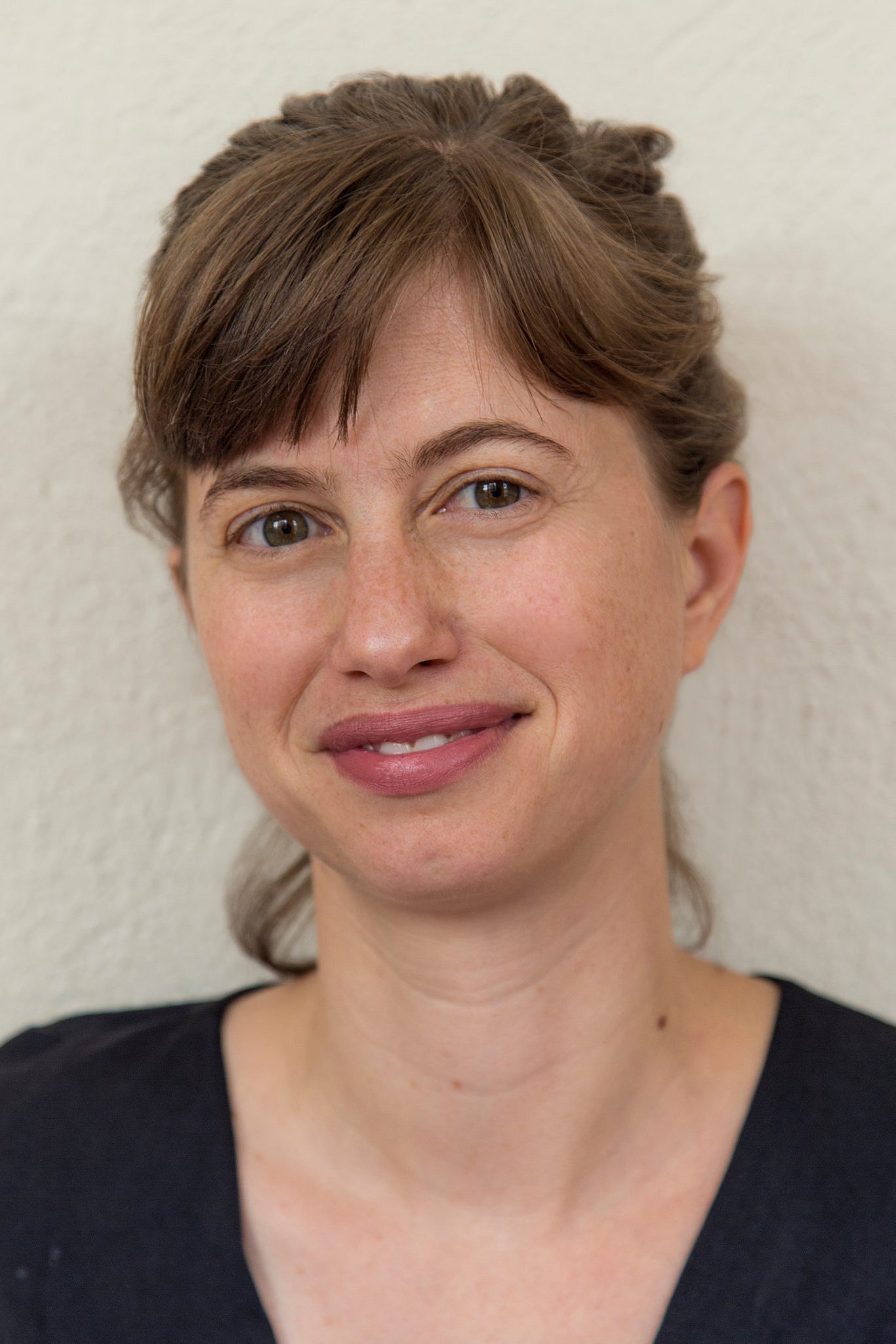
NT: Did you know how unusual Wukan was going to be?
LH: I knew it was something that people considered very important. It had gotten all of this attention. It was held up as this possible example for how other villages might deal with similar problems like corruption. And I went kind of after the media spotlight had sort of dimmed a little bit.
NT: For those of you at home, that’s a badass magazine journalism tip right there. Always go in a little bit afterwards, when everybody else has left; you can spend a little bit of time on it.
LH: It was also the practicalities of being a freelancer. The people I knew that went to the village when it was barricaded off were mostly correspondents with newspapers who had the support to go in. One of the people I knew that went in had snuck in. He had an assistant, and he had a car, and he hid under the seat and snuck into the village. It’s hard to do that if you’re a freelancer. By the last time I visited the village, the situation was pretty tense.
NT: What was your first impression of Wukan?
LH: The first time I went, I went straight to this sort of a salmon pink village committee building on one side of the village. It’s all open air, and everyone was hanging out there. And it was a pretty crazy experience, because I walked right in and into a random office, and told them that I was looking for Old Lin, who was the head of the village committee. They were like, “Yeah, he’s upstairs having a meeting, but if you hang out for a while, you can go talk to him.” In China, that’s incredible. You don’t just walk into a sort of local government building and immediately get access.
NT: Was it that chill because by then the people power had already started happening? And these were villagers and not functionaries?
LH: They were, and the reason they had been so successful was because so many reporters had gone to the village, and it had become kind of this international news story. So, they really welcomed you.
NT: They were not shocked or surprised.
LH: Or nervous. You sort of get used to, reporting in China, people not wanting to talk to you, not trusting you. Building their trust is a difficult thing. By the time I had visited maybe three or four times, I started thinking that I’m attached to these people, and this is a story that I want to keep following. But I had no idea that it would become a book until probably a couple months after Zhuang Liehong came to the United States.
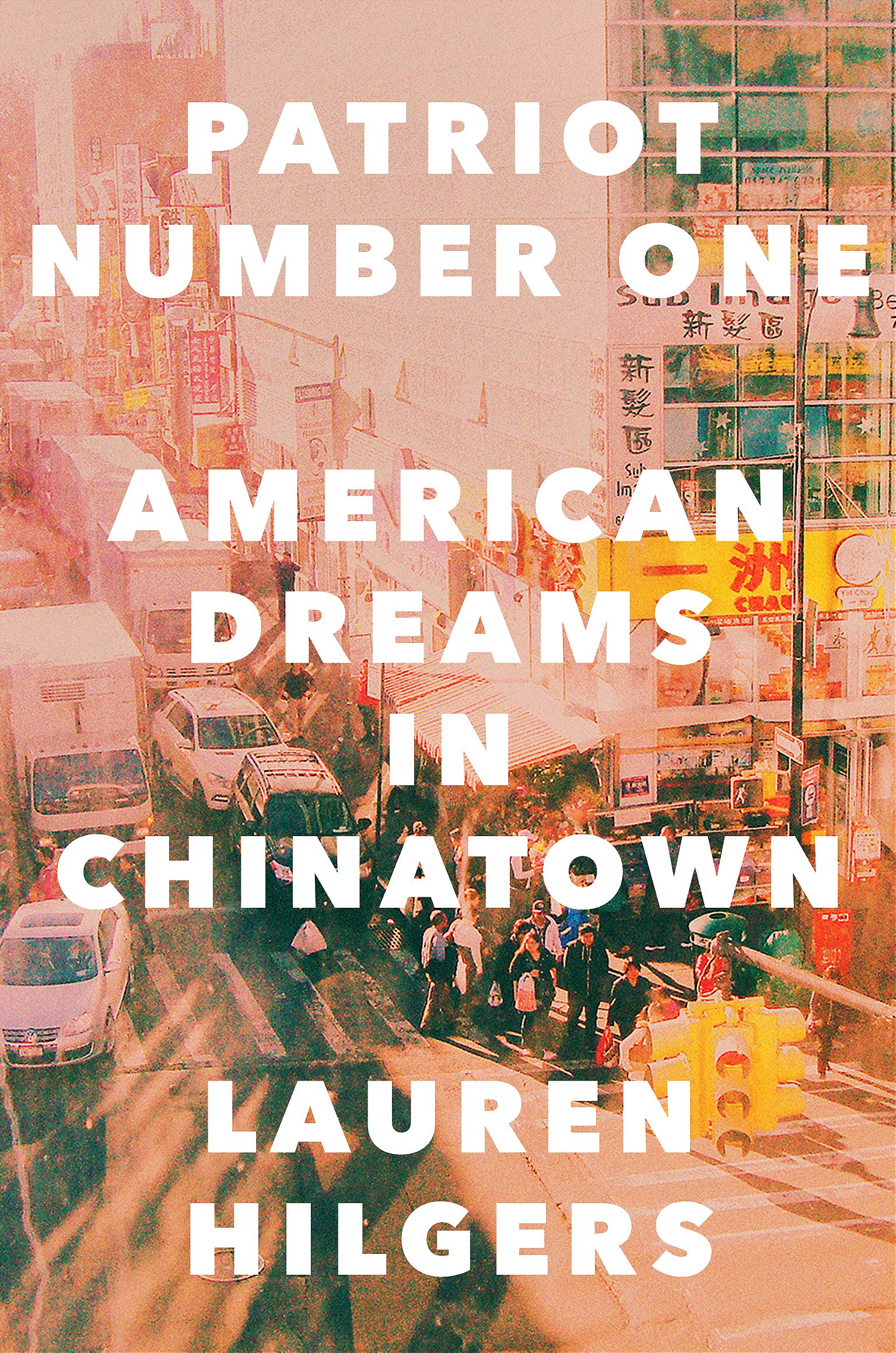
NT: So he’s here in the States, and you couldn’t get over much to China anyhow. But you didn’t have to anymore. Your subject had come to you.
LH: Right.
NT: It’s a real mountain and Mohammed thing for a book writer.
LH: Zhuang is an incredible person. He’s very frustrating, he has faults, but he’s very open. And he’s excited to talk about himself and his life. That’s a pretty extraordinary thing when you’re a journalist writing about someone. Someone who’s unreservedly talking to you about their thoughts, life, and history.
NT: Chinese politics seems like a locked box. Even here in the U.S., the experience of the mainland Chinese who live alongside us—those of us who don’t know and don’t have any access to that story—is a locked box.
LH: Right, and that’s the case in the immigrant community in Flushing, which can be a little bit difficult to access. Not everyone has status. People tend to stay in their community of Mandarin-speaking Chinese people. So coming from the outside can spook people. So having Zhuang and having access through him was pretty extraordinary.
NT: Was he there in Wukan loitering on that first day in the salmon-colored building?
LH: He had stopped coming to the community headquarters by then. He quit pretty early on.
NT: Because he got in a fight about the buses?
LH: Right.
NT: And he pissed everybody off.
LH: Yeah, and also because he’s a very idealistic person, he felt like the committee was not living up to his standards. He thought they weren’t being transparent enough, not getting enough done. And also, when I did meet him, one of the first things he told me was he was just not cut out for this government work. He’s very honest about his faults.
NT: What was it like when you met him?
LH: I’d heard about him the second time I visited the village. Some of the committee members had complained about him, and some had really admired him. I was walking down one of the main streets in Wukan, and I knew he had opened a tea shop. I walked past a tea shop that was blasting Michael Jackson out of open doors…
NT: Do you remember what song?
LH: I don’t remember the song.
NT: Just the unmistakable din of Michael Jackson in China.
LH: Right. He had also made a couple of videos about the Wukan situation. And he karaoked over… I can’t remember the name of the song. It lists a bunch of ills in the world.
NT: So it’s him singing a cover, about Wukan, with doctored lyrics?
LH: Yes. It is something he still does. Sometimes it’s really good. When Liu Xiaobo, the Nobel Prize winner, died, he made a pretty good music video to the Kurt Cobain song, “Where Did You Sleep Last Night” about Liu Xiaobo.
NT: Nice.
LH: It’s actually pretty good. Anyway, he was blasting Michael Jackson out of his storefront, and he popped out and said, “Are you a journalist?” I said, “yes.” And he said, “Oh, come here, come here.” He took our cell phones and hid them in the back of his shop. Then he sat me down and poured tea, and started going into the story of the village.
NT: Again, a bunch of things that don’t happen. Like people popping out of shops and saying, “Hey journalist! Let’s talk.”
LH: Yeah. Recently we were talking about it, and he said one of the things that was going through his mind was like, “Oh no, another journalist. But I’ve got to help her.” Because at the time there was a lot of paranoia starting back in the village, and he was thinking I was going to run into trouble if he didn’t explain the situation to me.
NT: He seems like would have made a great revolutionary in the old days, too. He was very much like, “I’m the one who’s keeping this revolution alive. You guys are just losing the plot.”
LH: The argument he had with the bus companies was that they were dropping trash in the village. The bus companies wouldn’t pay the fine. And everyone else told him to give up on this fight with the bus companies. Zhuang was also in charge of village security. So, he took the security people, who were just random villagers really, and blocked the road so the buses couldn’t come in …
NT: The demonstrations in Wukan started because the local government was selling off pieces of land to meet their budgets and line their pockets. But this was happening in thousands of villages in China. Wukan, somehow, of all of them, stood out. Why?
LH: There have been a lot of similar protests around the country. Some of them were crushed pretty quickly by local governments, and it was hard … A lot of times the news didn’t get out until afterward, or it was tough to get into the villages because they’d be blocked off for media. Wukan was a series of three protests, so by the third one, people knew that something was happening in this village. And it was very close to Hong Kong and Shenzhen, so a lot of media came over from Hong Kong and snuck in. Then it had this sort of spectacular result when they allowed the village to hold elections. I should also say that one of the village leaders died in jail during that third protest and they managed to get that news out pretty quickly, so it did all kind of snowball, and it just got more attention than other demonstrations of its kind.
NT: And back then the Hong Kong media was probably more committed to covering something like this than they would be now? I mean, they’ve been a little co-opted.
LH: Probably, yeah. The situation in Hong Kong has changed since 2011.
NT: If Zhuang wasn’t who he was, wasn’t there, would this have happened?
LH: I don’t think so. He wasn’t the only one leading the protest, but he was the first person who was saying we should do something about this. It grew and expanded after that, but he was the original spark.
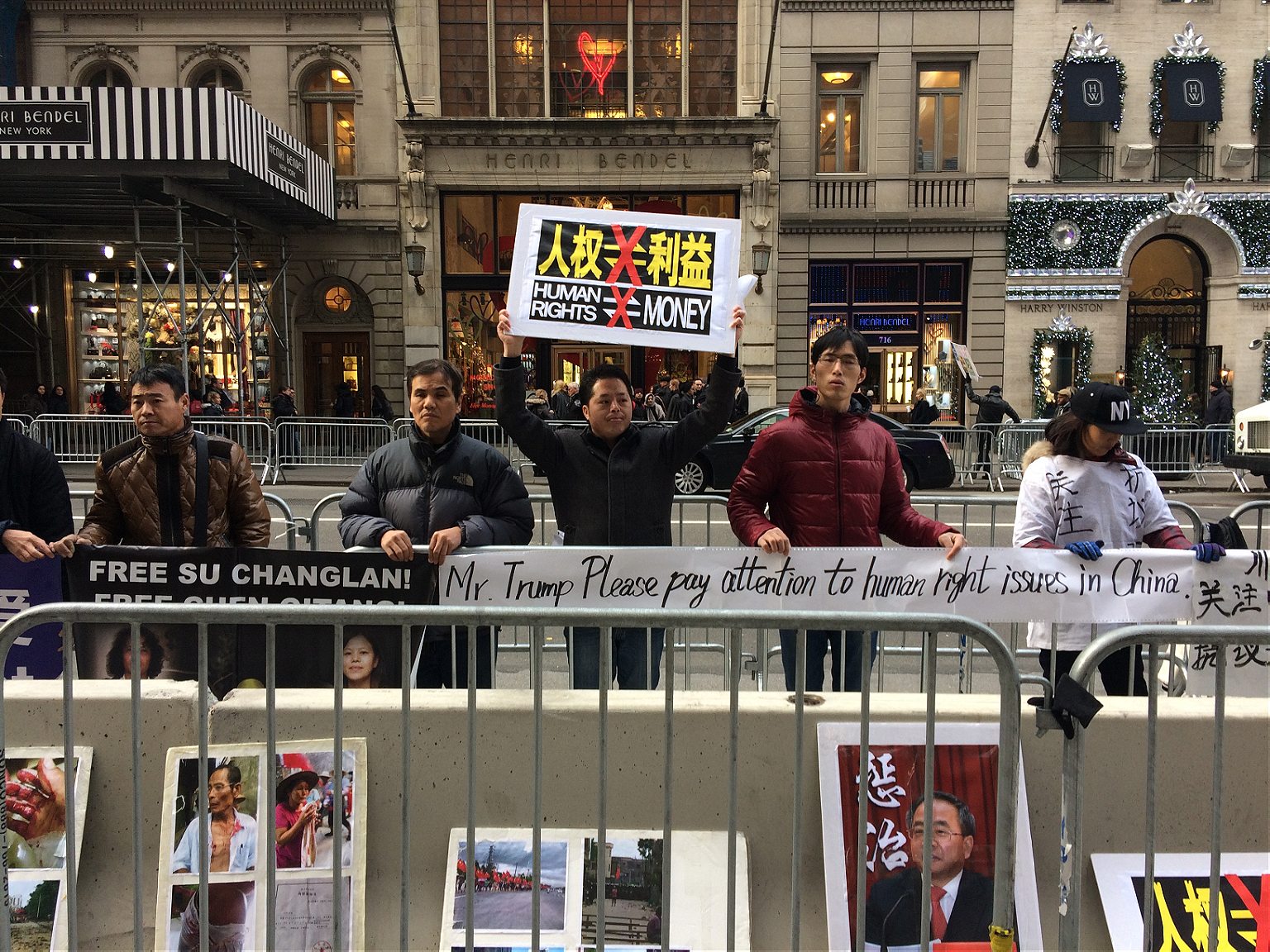
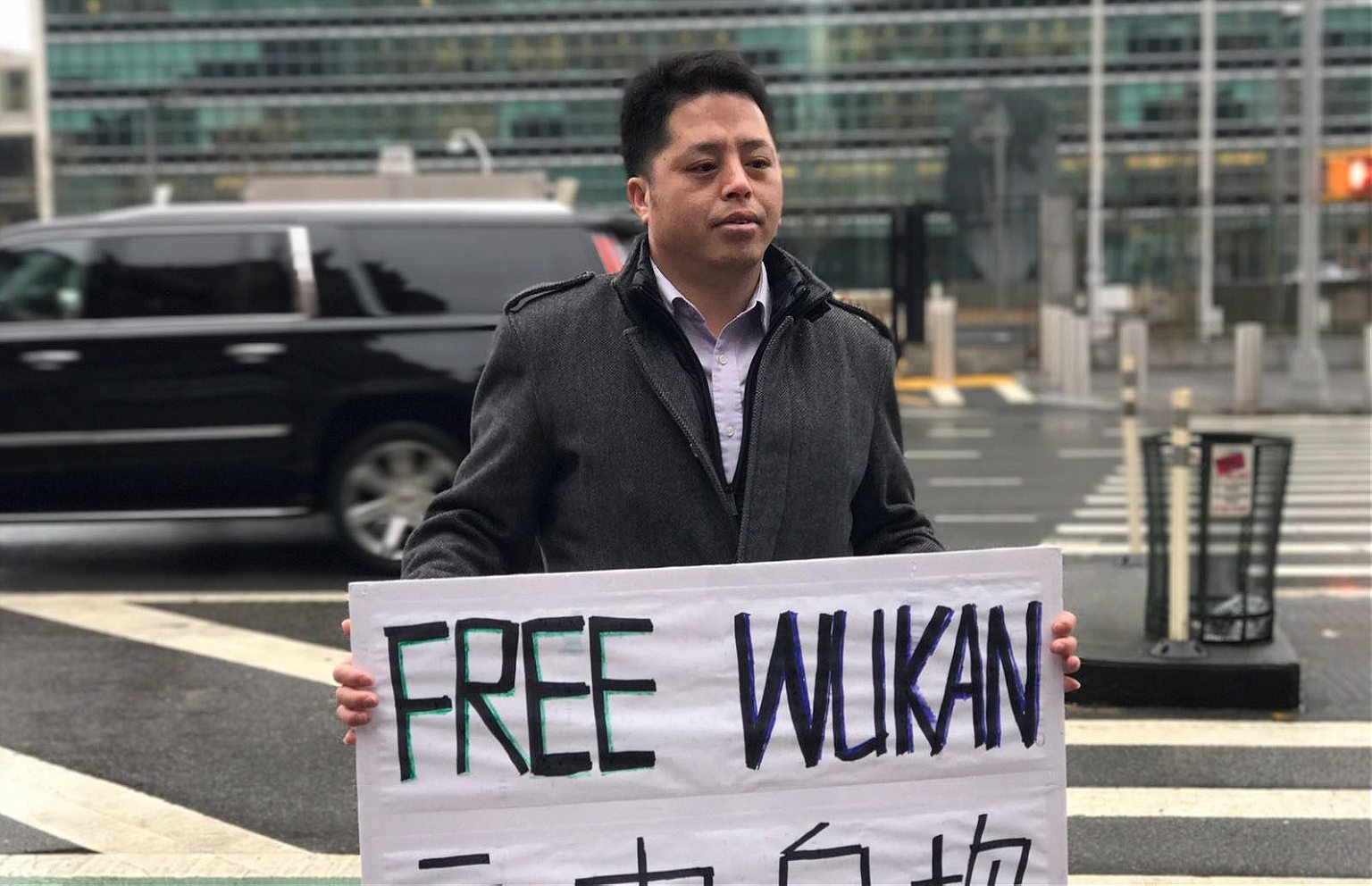
NT: He was patriot number one.
LH: Yes, and to encourage other people to join, he was also patriot number two and three and four.
NT: That’s very clever. I wish there were 20 more scenes where he’s dealing with plain-clothes cops, just saying, “I’m a man of Wukan! You can’t tell me what to do.” So amazing to hear this guy, who also, in his personal life, is a little bit stubborn. But to see how that manifests on a social level, on a political level.
LH: Well, he doesn’t deal well with bullies, he’s very idealistic, and he’s also just incredibly persistent. He’s someone that always has plan A, plan B, and plan C. If something doesn’t work out, he’ll try another way around it.
NT: If the provincial government had just been a little bit conscionable, and listened a little bit more, all of what happened could have been avoidable, right? Or is that too naïve?
LH: Wukan is right up against a city called Lufeng, sort of a dusty city that’s growing. People in Wukan were benefiting from what was happening there as well. I think they’re toying with the line of, at what point does it get out of control? How do we control this? So, I don’t know what they could have done short of giving the land back that would have made the villagers in Wukan stop protesting. They weren’t prepared to do that.
NT: Right. So more inevitable than I think.
LH: Someone once told me that one of the things about living in an authoritarian country like China is that the cage is very big. The state is not involved in your day-to-day life anymore like it was in the 70s and 80s. So you’re not feeling like you’re being limited until you bump up against the bars. And it’s also hard to see where the line is. So, for Zhuang, he started petitioning, and he started taking these steps, and each time he pushed a little further, and there wasn’t any backlash, he took one more step. It was hard to tell at what moment you really had crossed over and couldn’t go back. I think the same thing is happening for the local government. It’s unclear at what point the situation is going to explode, at which point they lose control over the villagers.
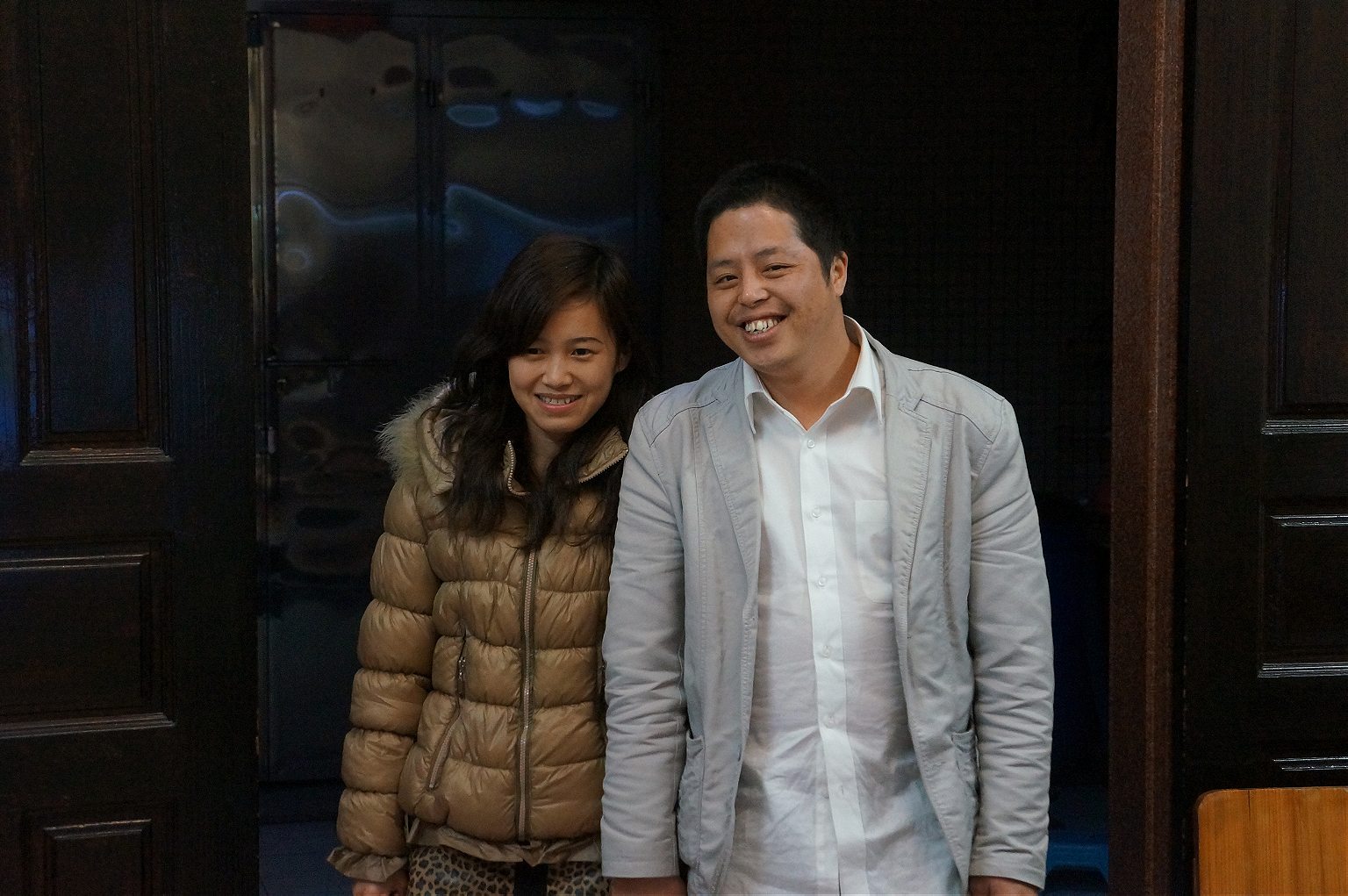
NT: He did end up making a proactive decision for him and his wife to come to America. Did you know about that process?
LH: Well, during one of my visits to China, he called me. He arranged a sort of secret meeting at a friend’s house and hid our phones …
NT: Why does he keep hiding your phones?
LH: Everyone in Wukan is convinced that they’re being listened in on.
NT: Are they?
LH: Maybe. I spent enough time in China that I also started getting paranoid about those things. They can turn on your phone even if they’re off. I do think a lot of phone calls are being listened to, especially in a place like Wukan that’s sensitive. So, he hid our phones, and he brought out this file folder of evidence that he had collected over the past, I guess, two years. And he said, “I want you to give this to the American consulate. I want them to come and extract me and take me to the U.S. because things are getting bad here.”
NT: Embassy extractions: notably out of favor since 1975.
LH: I remember thinking this is not gonna happen, and trying to let him down softly, and tell him that maybe he doesn’t really want to go to the U.S. Life in the U.S. is probably not what he thinks it’s going to be. I told him I could talk to someone I know at the consulate but I don’t think it is going to happen. That was the last time he brought it up with me. I knew that he had gone to Hong Kong, which made me a little bit suspicious.
NT: Why?
LH: He just took a pleasure trip to Hong Kong. It turned out that he had been testing his ability to move around. He was testing how far the local government would let him go. So, he got his pass to Hong Kong, and then he went and applied for a passport and got a passport. Then in 2014, I was living in Brooklyn, and one day, he called me from Hawaii, and said, “Lauren, I’m in Hawaii, I might be seeing you sometime soon in New York.” When I tried to ask him questions, he was like, “I’m sorry, this isn’t my phone, I can’t talk long,” and hung up. That was the first I knew of Zhuang’s third and final plan of getting to the United States.
NT: You lived in Shanghai for six years and you speak this marvelous Mandarin… Did you also understand that when he said, “I’m in Hawaii, I may be seeing you soon,” that what he’s actually saying is “Please get the guest room ready?”
LH: No, I didn’t. It took me a while to understand. I assumed maybe he knew someone else in New York and had things set up already. I had sent him the phone numbers for a couple of hotels. Then I realized he didn’t want to stay in a hotel, and I was the only person he was contacting.
NT: What was that conversation with your husband like?
LH: People ask that. My husband is pretty game for this sort of thing. [But] he was concerned that they would stay forever. He was like, “two weeks maybe is my maximum of living in our house.”
NT: But Zhuang Liehong would never have—he’s not that kind of guy.
LH: The morning after he arrived, he said, “I want to go to Flushing, I want to find a place to stay, I want to get a green card, I want to do all this right now. Let’s do it.”
NT: This gets to what I guess is in some ways the meat of the book. It’s this fascinating point where you realize this is not about an abstract democracy activist; this is about the guy who drove me in my Uber yesterday.
LH: I was so lucky to have met them before they came and to have been privy to this backstory. It’s not like they leave this story behind when they arrive in the U.S. and start a new life. It’s a kind of limbo almost, and one of the guys that Zhuang becomes close to eventually in Flushing talks about it a lot—the phenomenon of having two storylines in your life. One is not in the U.S., and the other is, and the difficulty is making those two pieces of your life into one whole.
NT: So much of those interactions that you had with Zhuang—“Maybe you shouldn’t come to America, it’s probably not what you think it is”—I remember having these conversations in Cuba. Like, how in South Florida, as a new immigrant, the Cuban-Americans are going to wring you out.
LH: Right. One of the other things that struck me is how isolating the experience was for Zhuang and for other people that I met had similar experiences. Because I thought, you would get to this place where everyone spoke your language, and people have been through this same experience and that you would find your people. And instead, you’re terrified that someone’s going to take advantage of you. That’s a scary situation to be in, and they still have this sense of, “I will trust an American, a foreigner, a non-Chinese person before I will trust a Chinese person.”
NT: Do they still call Americans ‘foreigners’ in Mandarin?
LH: Oh, yes. When they first came, they had a moment where Zhuang was like, “Well, if we weren’t with a foreigner, probably this would have gone differently.” And Little Yan, his wife, said, “You can’t call her a foreigner. Aren’t we foreigners now?” It quickly became clear that in Flushing, I’m still the foreigner.
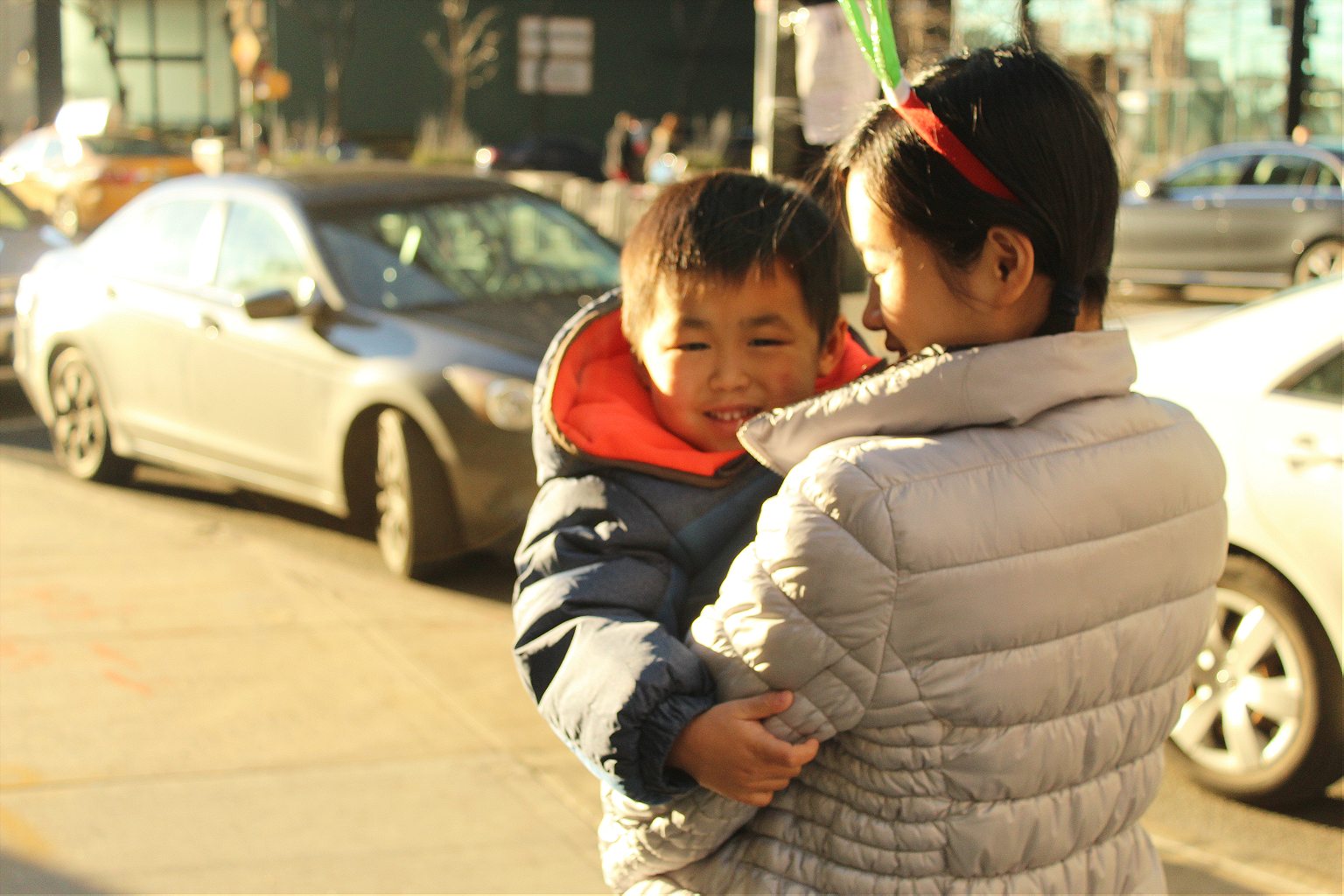
NT: The final few acts in this are about Zhuang getting his politics back after struggling just to get by. Have you seen his return to politics give him life?
LH: Absolutely. I think he has sort of remembered who he is. It was like this moment of discovery that these values and these ideals come from within him, not from the environment around him. The situation in his village has continued to be kind of grim, and he started protesting again. There are a lot of activists around Flushing that he knew of, but he began to work with them, and to trust them, and also to expand his politics past his village. So, he’s found a community, he’s become respected again, and also has a purpose again. So, it’s not just the kind of everyday drudgery of working 12 hours in a kitchen.
NT: But it’s completely quixotic, right—the idea of a democratic movement for mainland China, from the United States?
LH: Well, what is your responsibility to your friends and family at home and your country? I think they would say that even though it’s probably not going to happen in their lifetime, they’re not going to see democracy in China. But they feel responsible. If they don’t keep making this kind of noise, no one will.
NT: It’s almost like with every aspect of his new life, it’s not quite what he thought, but there’s something related to what he had thought, right?
LH: Right. It’s not always perfect, but it’s there.
NT: Do you think he should have left?
LH: Yes. I think he feels that if he hadn’t left, there would be no voice from Wukan anymore. If he hadn’t have come, he would probably be in jail. So, I think he made the right decision.
NT: When’s the next time you’re going to see him and Little Yan?
LH: I try and see them a couple of times a month.
NT: Is that gonna be the rhythm now after all of this is done and over? Do your kids know each other?
LH: Yeah, our kids know each other, and they have a new baby. He’s working and driving Uber, and they’re juggling so much that I don’t see them as much as I did before their new kid was born.
NT: Now starts the rest of your lives as people.
LH: Yes, our lives are tangled up forever.
